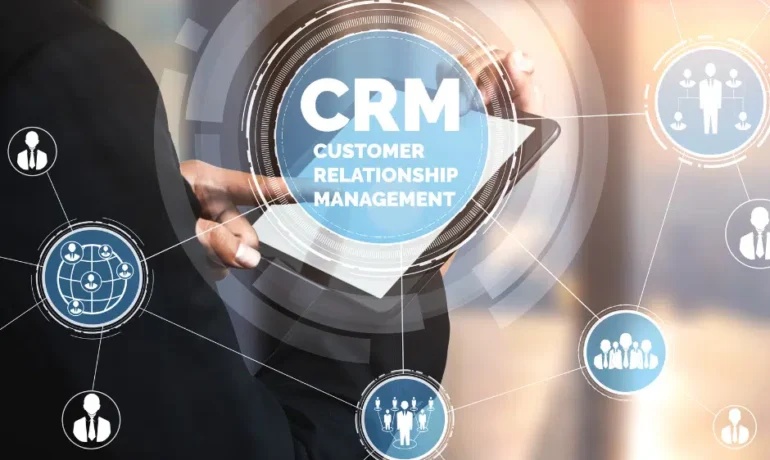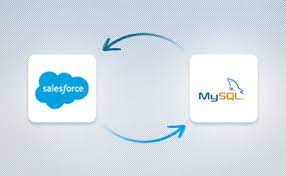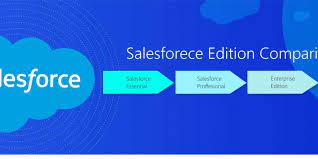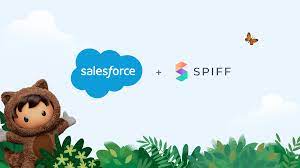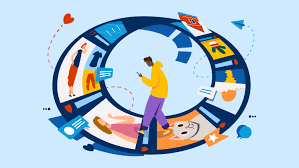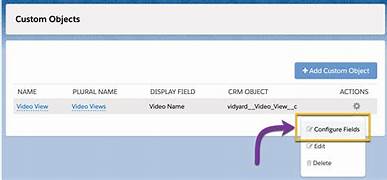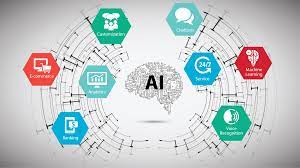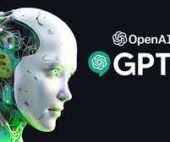Changes in Advertising Changing CRMs
Oracle announced last week that it is exiting the advertising business and will sunset its adtech by September 30. While the announcement is not surprising given the massive layoffs in 2022 affecting Oracle Advertising teams, the rapidity of Oracle Advertising’s decline is a clear indicator of how swiftly the digital advertising landscape can evolve. This move is likely just the first of many significant Changes in Advertising Changing CRMs. What happened? Oracle Advertising faced challenges beginning in 2018 and never managed to recover. Several forces related to data deprecation adversely impacted the business: Changes in Advertising Changing CRMs Retooling its acquisitions to function in a consent-driven and regulated environment would have required significant investment from Oracle. Given its track record with privacy law compliance, this would have been a daunting task, necessitating both rapid innovation and market trust in its solutions. What does this mean for the advertising ecosystem? Oracle’s exit from adtech marks a significant shift in the advertising ecosystem. The sharp decline in advertising revenue from $2 billion in 2022 to $300 million in 2024 suggests a major miscalculation by Oracle. Without demand- or supply-side platforms (unlike Google, Microsoft, and Amazon) and lacking a large audience base (unlike Meta, Disney, and Netflix), Oracle’s benefits as an adtech partner or acquirer were unclear. The key question now is whether Oracle’s intellectual property will find new ownership and continue in some form. What does this mean for the marketing ecosystem? The broader marketing ecosystem is likely to see more shifts as major players adapt to the new landscape. Leading martech vendors like Adobe and Salesforce have already transitioned from DMPs to CDPs. Adobe Real-Time CDP and Salesforce Data Cloud for Marketing are gaining market share, while Oracle has struggled in the B2C martech space. Oracle’s decision to cut investments in martech and adtech has significantly impaired its B2C market efforts, with products like Responsys failing to gain the traction that Eloqua has in the B2B space. Oracle also announced it will sunset related B2C marketing products like Oracle Maxymiser in the coming months. These changes are just the beginning of a broader transformation in digital advertising, driven by evolving privacy standards, consumer expectations, and technological advancements. This marks the dawn of a new era in which agility and compliance will be key to success in the digital advertising and marketing landscapes. Like Related Posts Salesforce OEM AppExchange Expanding its reach beyond CRM, Salesforce.com has launched a new service called AppExchange OEM Edition, aimed at non-CRM service providers. Read more The Salesforce Story In Marc Benioff’s own words How did salesforce.com grow from a start up in a rented apartment into the world’s Read more Salesforce Jigsaw Salesforce.com, a prominent figure in cloud computing, has finalized a deal to acquire Jigsaw, a wiki-style business contact database, for Read more Service Cloud with AI-Driven Intelligence Salesforce Enhances Service Cloud with AI-Driven Intelligence Engine Data science and analytics are rapidly becoming standard features in enterprise applications, Read more

